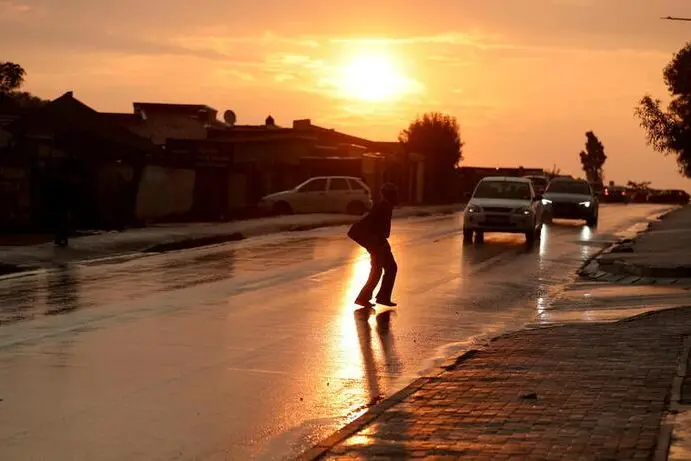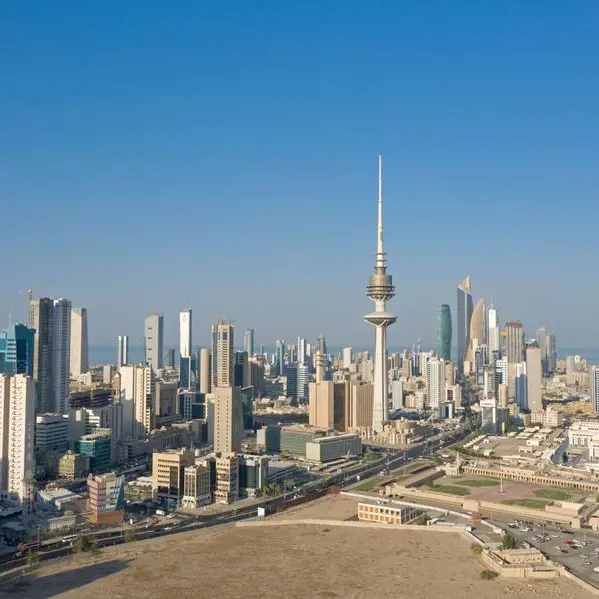PHOTO
JOHANNESBURG -South Africa plans about 36 billion rand ($2.4 billion) of relief measures to support businesses and individuals affected by recent unrest and COVID-19 restrictions, the finance ministry said on Wednesday.
The interventions would be funded by better government revenues and by shifting around some spending, senior officials told a news conference, expanding on measures announced by President Cyril Ramaphosa on Sunday.
Ramaphosa tightened lockdown restrictions at the end of June as coronavirus cases spiked, but he eased them on Sunday as the peak of a "third wave" appeared to have passed. His government's economic recovery drive was dealt a major blow by arson and looting triggered by the jailing of former President Jacob Zuma this month.
"We are funding this package within available resources currently. We are not going to be going for borrowing," National Treasury Director-General Dondo Mogajane said.
Edgar Sishi, acting head of the budget office, said increased revenue linked to higher commodity prices meant 36 billion rand of new spending could be accommodated "so long at those measures are temporary".
The largest component of the relief package is the reinstatement of a 350 rand-a-month social relief grant until the end of March 2022, which will cost around 27 billion rand. State insurer Sasria will get 4 billion rand to help pay out claims related to the unrest and support via the Unemployment Insurance Fund will amount to roughly 5 billion rand.
REASSURING INVESTORS
Finance Minister Tito Mboweni said one estimate of the damage during the riots was around 50 billion rand. He said his ministry would allocate more money to the police and military, and that Sasria would start paying out claims immediately.
Mogajane said he had spoken to investors to reassure them that the country's economic fundamentals were intact and reforms were happening.
Ex-leader Zuma turned himself in to police late on July 7 to begin 15 months in jail for contempt of court, after defying an instruction to give evidence at an inquiry into corruption during his nine years in power until 2018.
Sporadic protests erupted in his home province after his imprisonment, before quickly escalating into an explosion of violence and destruction fuelled by the poverty and inequality that persist almost three decades after the end of apartheid.
Zuma denies there was widespread corruption under his leadership and has asked the country's highest court to rescind his jail sentence. ($1 = 14.7817 rand)
(Additional reporting by Olivia Kumwenda-Mtambo; Editing by Timothy Heritage and Alex Richardson) ((Olivia.Kumwenda@thomsonreuters.com; +27 10 346 1084))





















